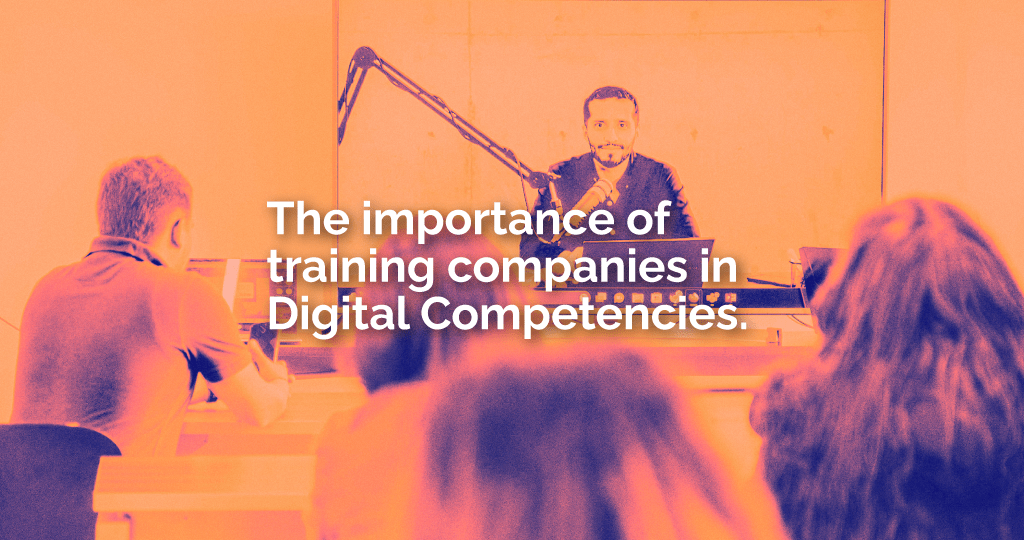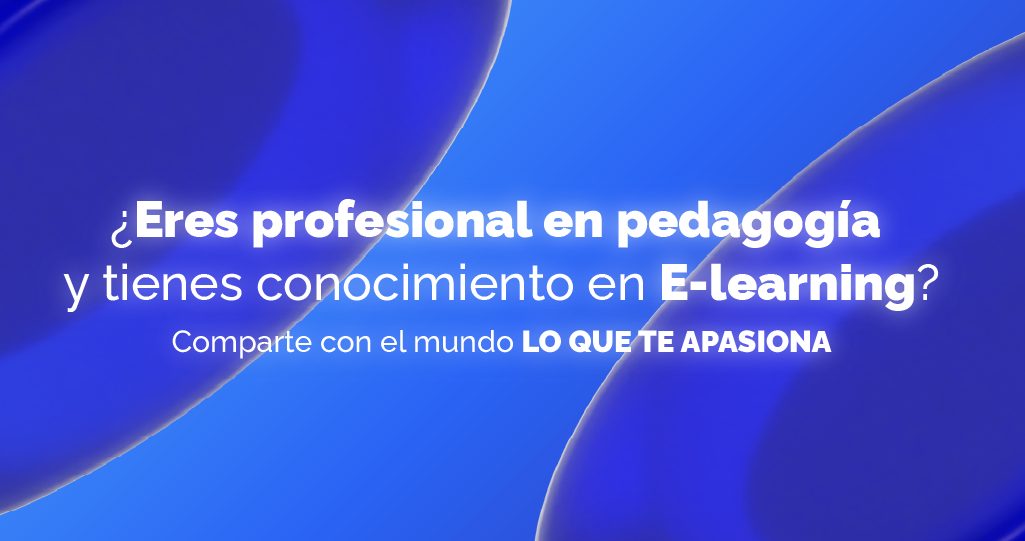
La importancia de capacitar a las empresas en competencias digitales
La importancia de capacitar a las empresas en competencias digitales
La revolución digital ha generado una necesidad clave en las organizaciones: formar a su personal en competencias digitales para optimizar el desempeño y mantener la competitividad en la industria. Por ello, estas habilidades son cada vez más demandadas por todo tipo de empresas.
Un artículo publicado por Harvard Business Review en 2016 muestra la transformación digital de distintas industrias, evaluada a partir de 27 indicadores agrupados en tres grandes categorías. La conclusión principal es que el factor diferenciador en la digitalización de las organizaciones es contar con una fuerza laboral capacitada en herramientas digitales, lo cual incrementa significativamente la productividad (Gandhi, Khanna & Ramaswamy, 2016).
En este sentido, las competencias digitales son fundamentales en una organización para:
Tener éxito en la era digital
Disminuir el analfabetismo digital
Aumentar la productividad
Incrementar la eficiencia de los trabajadores
Mejorar la competitividad en el mercado
Facilitar la adaptación al cambio
Favorecer la retención del talento humano
Tener mayor capacidad para superar desafíos del mercado
Hoy en día, el éxito en el mundo empresarial se mide por la capacidad de adaptación a las nuevas necesidades tecnológicas, por lo tanto, implementar estrategias de formación organizacional para mejorar las competencias digitales del talento humano se ha convertido en un imperativo. Como señala Morales (2020),
“esta transformación está acelerando la creación y el desarrollo de nuevos modelos de negocio, construidos en torno a un objetivo común: integrar en su estrategia una visión clara del negocio, talento, tecnología, nuevas habilidades y procesos personalizados, para dar respuesta a la sociedad actual y a sus ciudadanos, usuarios o clientes.”
Por ello, no se trata solo de enseñar estas competencias, sino de promover la transferencia del conocimiento hacia las comunidades que hacen parte de la organización, incluyendo en el proceso de aprendizaje a sus usuarios o públicos, mediante diversas estrategias como cursos gratuitos, que motiven la transformación social.
Según Harold Combita, CEO de Mangus E-learning,
“en el mundo empresarial actual, la capacitación y el aprendizaje continuo son cruciales para mantener la competitividad y el éxito a largo plazo. Las empresas que han adoptado una cultura de aprendizaje continuo (learnability) han demostrado ser más resilientes y capaces de adaptarse rápidamente a las condiciones cambiantes del mercado.”
Si deseas conocer cómo C-Transmedia forma talento humano en competencias digitales y cómo desarrolla cursos gratuitos para democratizar el acceso al conocimiento, visita nuestro servicio de E-learning, nuestro canal de YouTube y nuestras redes sociales.
Allí encontrarás ideas, herramientas y la gran experiencia que hemos vivido con comunidades digitales en todo el mundo.
Redacción: Valentina Vargas
Área Estratégica de C-Transmedia
Referencias:
Gandhi, P. (2020, September 14). Which Industries Are the Most Digital (and why)? Harvard Business Review. https://hbr.org/2016/04/a-chart-that-shows-which-industries-are-the-most-digital-and-why?language=es
Meriño Aranda, R. (2020). COMPETENCIAS DIGITALES PARA LA TRANSFORMACIÓN DE LAS EMPRESAS, LAS CLAVES, GESTIÓN DEL TALENTO, VALORES Y CULTURA ORGANIZACIÓN QUE PROMUEVA LA EDUCACIÓN CONTINUA. Revista Daena (International Journal of Good Conscience), Vol. 15 Issue 1, p350-354. Review. http://www.spentamexico.org/v15-n1/A24.15(1)350-354.pdf
Yokoi, T. (2023, April 28). Infusing Digital Responsibility into Your Organization. Harvard Business Review. https://hbr.org/2023/04/infusing-digital-responsibility-into-your-organization?language=es
Combita, H. (2023). Aprendizaje Continuo y Tecnología: Claves para una Cultura de Formación Exitosa en las Empresas. Revista Empresarial &Amp; Laboral. https://revistaempresarial.com/educacion/aprendizaje-continuo-y-tecnologia-claves-para-una-cultura-de-formacion-exitosa-en-las-empresas/


